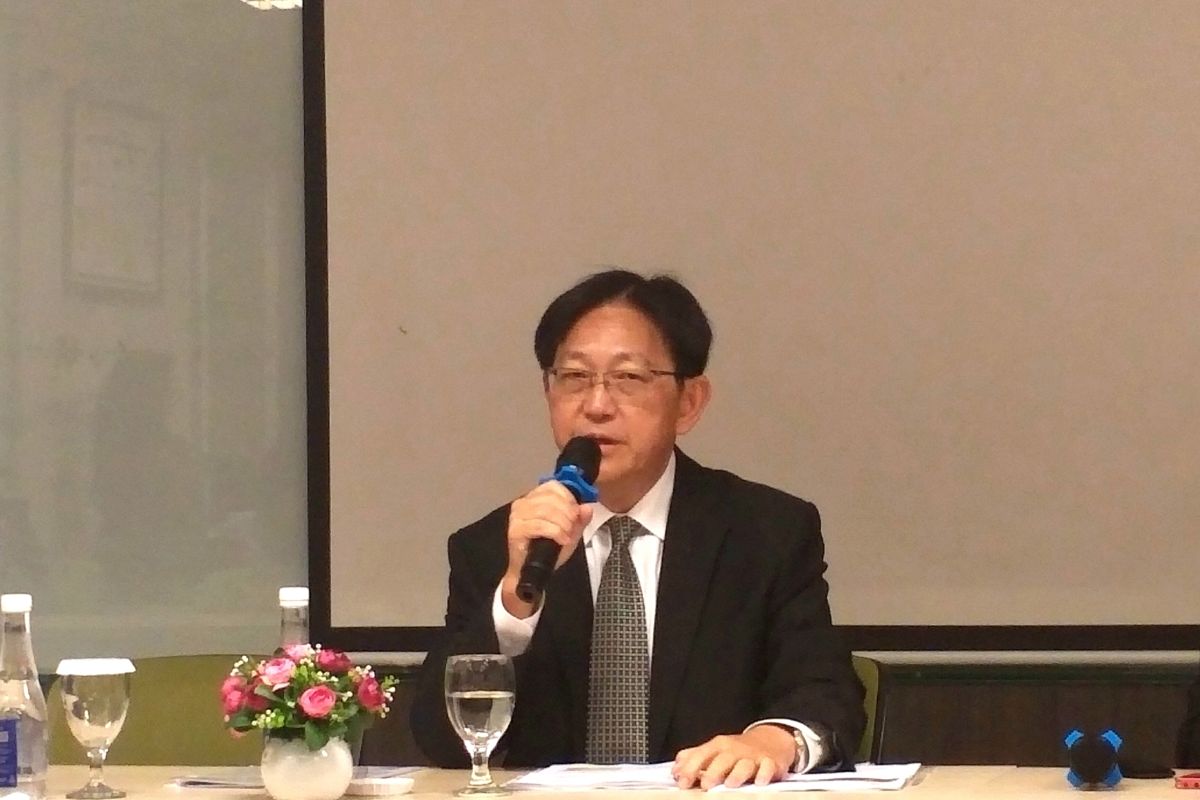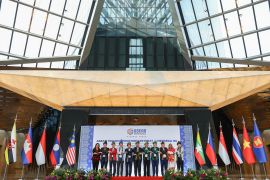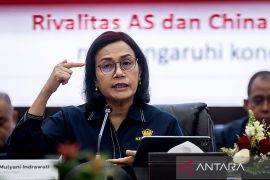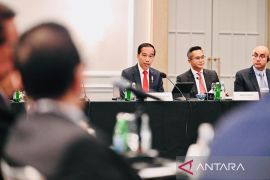"Hence, we still maintain growth projections for Indonesia," Khor remarked.Jakarta (ANTARA) - Indonesia’s economy is projected to clock a 5.1 percent growth this year and in 2020, Chief Economist of the ASEAN+3 Macroeconomic Research Office (AMRO) Dr. Hoe Ee Khor stated.
The AMRO is buoyant that Indonesia’s economy will not reel significantly from the impact of the trade wars that can hinder exports and investment, Dr. Hoe Ee Khor stated in Jakarta on Tuesday.
He revealed that the trade war did not truly impact Indonesia, as domestic industries had yet to be fully involved in the global manufacturing supply chain, particularly the electronic sector.
"Hence, we still maintain growth projections for Indonesia," Khor remarked.
However, for the region, the AMRO perceives that the trade wars could become the main source of external risk that could hamper the rate of economic growth.
AMRO is an economic study institution for ASEAN plus Japan, China and South Korea (ASEAN + 3).
In June 2019, when the projected economic growth for Indonesia remained unchanged, the AMRO cut its growth forecast for the region and regional nations.
Economic growth in the entire region, or ASEAN + 3, is forecast to only record a growth of 4.9 percent. The economic growth projections for China, Japan, and South Korea fell to 6.2 percent, 0.5 percent, and 2.4 percent, respectively.
"Trade uncertainty remains high, and the risk of trade tensions is still being taken into account, although US and Chinese trade negotiations are making progress," he remarked.
Ee Khor further called on the government and authorities in the region to calibrate various policy mixes in tune with the cycle of business expansion and financing. In addition, external parameters and financial vulnerabilities, such as the Balance of Payments, also need monitoring.
Ee Khor called for the need for policy calibration, including considering a reduction in the monetary policy. Local governments in the region should maintain fiscal policies that tend to be accommodative while maintaining fiscal resilience.
"Tight macroprudential policies should also be maintained as a precautionary measure against an increase in financial vulnerability," he stated.
Apart from the decline in the projected economic growth in the region, Ee Khor assessed that economic fundamentals have room to strengthen and become solid in future.
The reason is the high public consumption and a boost in intra-regional trade owing to the growth of the middle class, rapid urbanization, and the massive application of digital technology.
"Hence, emphasis should be laid on long-term policy priorities, including the developing capacity and productive connectivity as well as deepening the domestic capital market ," he added.
EDITED BY INE
Translator: Indra / Azis Kurmala
Editor: Fardah Assegaf
Copyright © ANTARA 2019












